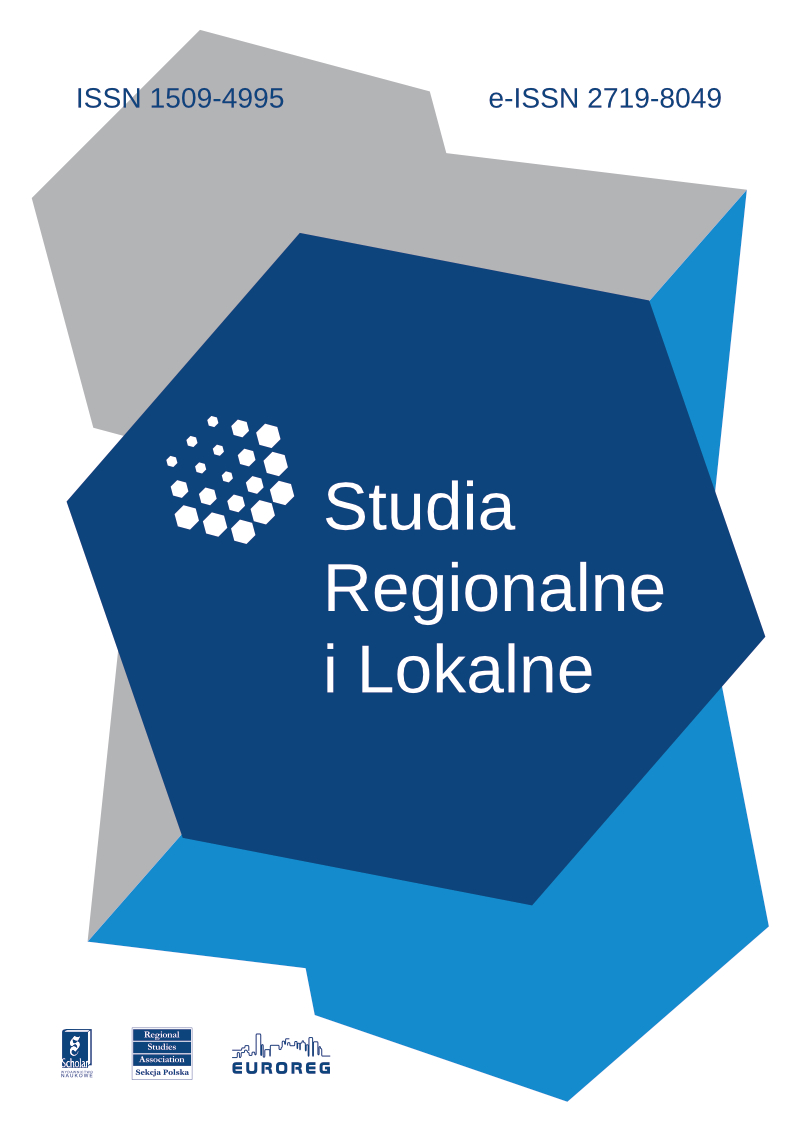Teoria `centrum-peryferie` w epoce globalizacji
Przedmiotem opracowania jest ocena korzyści i strat płynących z uczestnictwa w globalnej gospodarce, dokonana z perspektywy teorii „centrum-peryferie”. Z czasem zyskowność głównych produktów spada i ich produkcja jest przekazywana do peryferii – teza potwierdzona. Przeciwdziała to spadkowi stopy życiowej i pośrednio sprzyja stabilności politycznej państw centrum – teza potwierdzona. Światowy rynek finansowy służy eksploatacji peryferii – teza niepotwierdzona. Spekulacje finansowe w centrum przyczyniają się do destabilizacji politycznej peryferii – teza potwierdzona. Im większy poziom uczestnictwa państwa peryferyjnego w międzynarodowym systemie gospodarczym, tym większe ponosi ono straty – teza niepotwierdzona, i tym większe korzyści państw centrum – teza niepotwierdzona.
The Core–Periphery Theory in the Time of Globalisation
The main goal of the article was to verify gains and losses coming from participating in the global economy in the light of the core–periphery theory. It turned out to be undeniably true that transfers of industrial production to peripheral countries lead to higher living standards and indirectly favour political stability in core countries, while the hypothesis that the global financial market is a tool for exploitation of peripheral countries was proved to be false. The author established that financial speculations in core countries cause political destabilization in peripheral countries, and disproved the hypothesis that the higher the participation of periphery countries in the global economy, the higher the losses they suffer and the higher the advantages in core countries.



